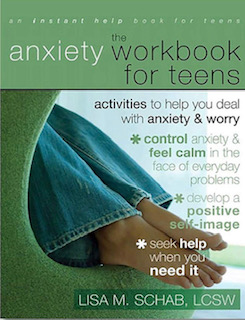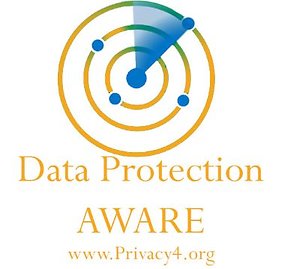Frequently Asked Questions
What is an Integrative-Relational Counsellor and Psychotherapist?
‘Integrative’ refers to the humanistic and developmental-psychodynamic elements of my training, both of which are umbrella terms for person-centred, gestalt, existential, transpersonal (Humanistic), and object relations, attachment theory, psychosocial, psychosexual, developmental, transaction analysis (Psychodynamic).
‘Relational’ refers to the therapeutic relationship between therapist and client – you and me. What this means is that it is ultimately our relationship and how we work together that tends to be the most powerful vessel for healing, learning new ways to be in the world, in relationship with others, yourself, and for personal growth.
What is the difference between Counsellor and Psychotherapist?
Counselling is usually for a shorter period of time and relates to the things that we all struggle with at some time in our lives such as bereavement, managing personal and professional transitions with work, marriage, parenthood, relationship breakdown or conflicts with family or work colleagues, finding personal meaning in life and our own anxiety around growing old and imminent death.
Psychotherapy tends to be for a much longer period as it looks at the past, your ancestry, what you experienced and how you developed growing up and what internal battles and relationship struggles you have carried into adulthood because of this. That said, both interlink as psychoeducation is often brought into counselling to support you to become more self-aware of your ways of being in the world and in a relationship; and counselling when you’re facing your fears and any revelations you might experience from your childhood and previous generations.
What is the difference between CpPTSD, PTSD and Transgenerational Trauma?
Complex Post-Traumatic Stress Disorder (CpPTSD) is complex because it refers to when we experience actual or perceived trauma during childhood. From infancy to adulthood we go through emotional, psychological, social and sexual stages of development whilst simultaneously building our unique sense of who we are, whether we can trust the world and whether we are worthy of love. Traumas experienced can negatively impact our ability to move through these stages and build a strong sense of self. It can even prevent us reaching our full potential in the world.
Post-Traumatic Stress Disorder (PTSD) is one or more instances of a traumatic event in adulthood which do not require attention to childhood experiences and development.
Transgenerational Trauma is passed down to us across the generations. Recent research shows it carries over at least three generations. Only 2% of our DNA is related to physical appearance and ability. The other 98% is from emotional, psychological and behavioural traits from our parents and grandparents.
What is the ‘Rewind Technique’?
The technique was originally founded in Neuro-Linguistic Processing (NLP) and from research and investigations in brain science. It involves the feelings, thinking and memory parts of the brain. When we are overwhelmed with emotions, good and bad, we cannot think straight. This is because our amygdala (feeling part) gets flooded and shuts down connections with the neocortex (the thinking part) and the hippocampus (memory part). Using guided relaxation and viewing your trauma/phobia as a spectator in your imagination, I am able to prevent you from becoming overwhelmed so the other parts of your brain are still in use and the memory can be processed just like any other memory.
It won’t change the past, but it will take away the pain, flashbacks, nightmares and other associated triggers that haunt you.
How often do I need to attend and how long are the sessions?
The sessions are fifty minutes long and it is better if you can attend weekly otherwise you delay feeling better. The number of sessions you would benefit from depends on why you wish to access therapy, but this is something we would discuss and decide together based on your needs and personal circumstances.
How much will it cost?
It is so important that you find a therapist that you feel comfortable with, so I offer a free 30 minute initial consultation, and thereafter the sessions are 50 minutes and the fees are:-
face-to face counselling £60 per session
video-conference counselling £60 per session
telephone counselling £60 per session
home visits dependent upon location
I have a limited number of concessions for low income families.


.png/$file/BACP-cream($1$).png)

